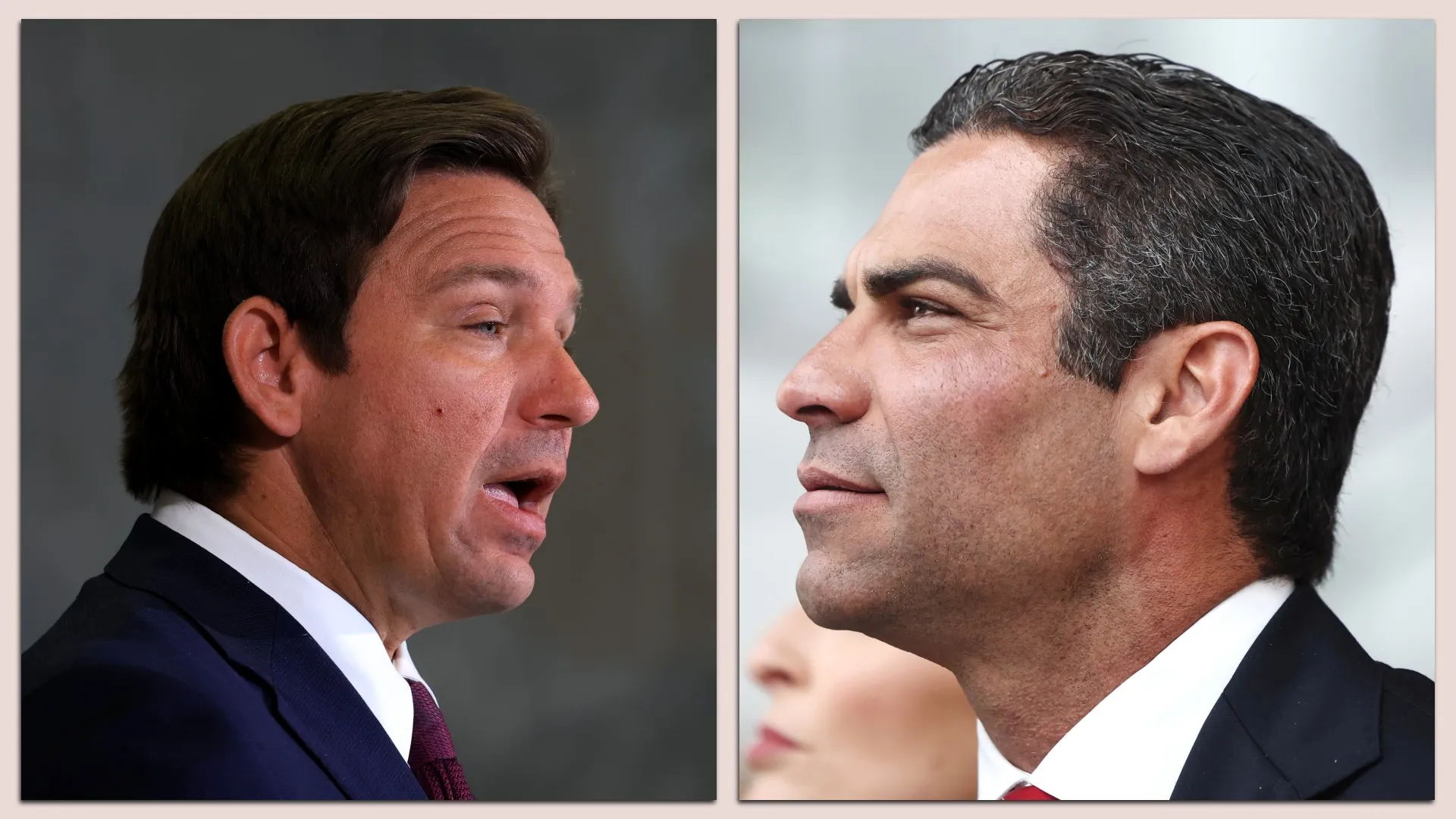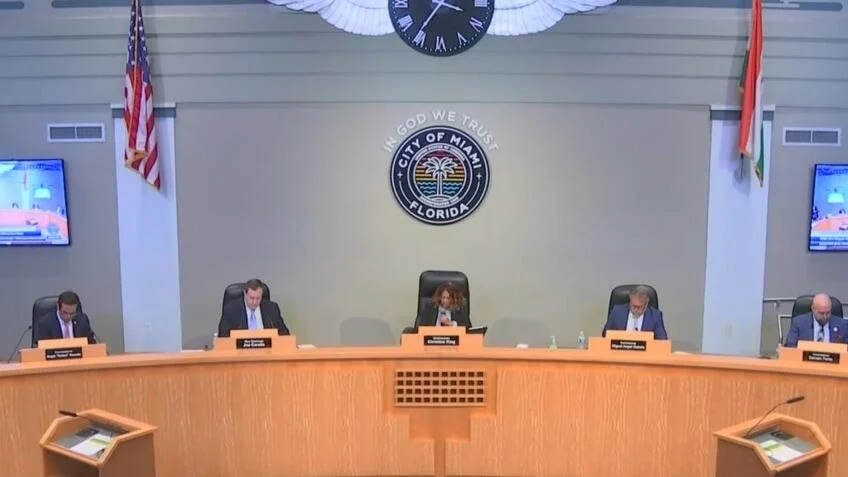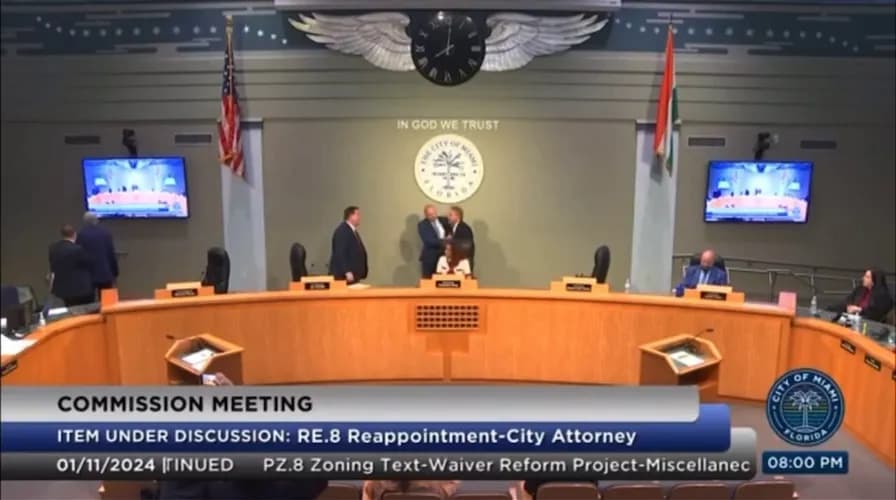In an egregious move that undermines the very essence of democratic governance, Miami city commissioners voted 3-2 to delay the city’s upcoming elections from November 2025 to 2026. This decision effectively grants them an extra year in office without the consent of the electorate, raising serious questions about the legality and morality of such an action.
Voter Rights Trampled
The measure, introduced by Commissioner Damian Pardo, was defended under the guise of increasing voter turnout. Pardo stated, "We are not canceling an election... the polling indicates that there is broad support" for moving elections to even years when federal and state races occur. However, this assertion is steeped in contradictions, as the decision was made without any direct input from the voters whom these officials claim to represent. Critics argue that this move not only circumvents the rights of voters but also sets a dangerous precedent for how elected officials can manipulate the electoral process.
Legal Ramifications Loom
As reported by Florida State Attorney General James Uthmeier, this change may violate the County Charter, which stipulates that such a significant alteration to election timing requires a ballot referendum. Uthmeier warned that the city’s attempt to enact this change without public approval could lead to legal challenges, stating, "Attempting to effect this change by a simple vote by the Miami City Commission alone would clearly circumvent the terms of the County Charter." These legal risks underscore the precarious nature of this decision, hinting at a broader struggle over the interpretation of electoral laws and the integrity of democracy.

ICE to secure FIFA event: Legal proof required - Axios Miami
Political Opportunism on Display
Commissioner Joe Carollo, who voted against the measure, articulated a moral objection rooted in the belief that voters should decide their own fate. "The voters voted for all of us for four years, not five. If they wanted to make a change, they should’ve brought it up to the voters," he asserted. This sentiment reflects a growing frustration among those who value democratic principles over political expediency. It’s a reminder that elected officials are not entitled to extend their terms simply because they believe it serves their interests or those of the party.
Implications for Voter Engagement
Research consistently shows that aligning local elections with larger federal and state contests can significantly boost voter turnout, particularly among younger and non-white voters. According to a study from the Center for Effective Government, when local elections coincide with higher-profile contests, overall participation increases dramatically. However, the Miami City Commission’s decision risks disenfranchising these groups by moving elections to a time when public interest may be lower, further exacerbating existing disparities in voter engagement.

City of Miami votes to postpone November 2025 election to 2026, extends officials" terms
Public Outcry and Potential Backlash
The decision to delay elections is not without its critics, and public backlash is likely to intensify as voters become aware of the implications. Governor Ron DeSantis has already hinted at "swift, legal action" against this "scheme," suggesting that the state may intervene. As the situation unfolds, it raises broader questions about the interplay between state authority and local governance, particularly in a context where civil rights and democratic accountability are at stake.
This unfolding saga in Miami is not merely a local issue; it mirrors a national trend where elected officials often prioritize their own interests over those of the constituents they are sworn to serve. The battle for fair and transparent elections is far from over, and the consequences of this decision will reverberate throughout the community.




![[Video] Putin ready to refrain from deep strikes in Ukraine during elections](/_next/image?url=%2Fapi%2Fimage%2Fthumbnails%2Fthumbnail-1766158260919-wednc8-thumbnail.jpg&w=3840&q=75)


![[Video] Gunfire between Iraqi security forces and Sadr militias in Baghdad](/_next/image?url=%2Fapi%2Fimage%2Fthumbnails%2Fthumbnail-1768343508874-4redb-thumbnail.jpg&w=3840&q=75)
